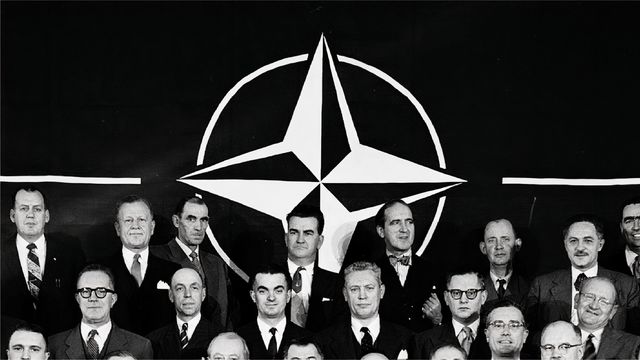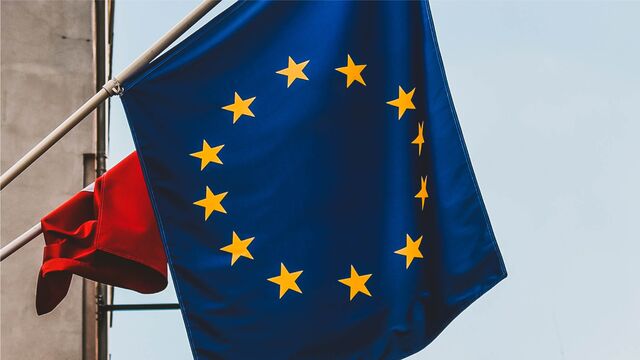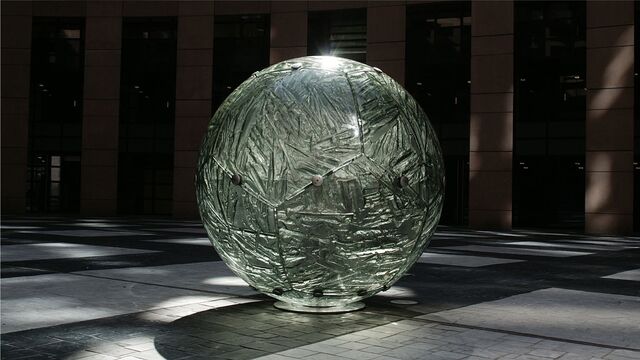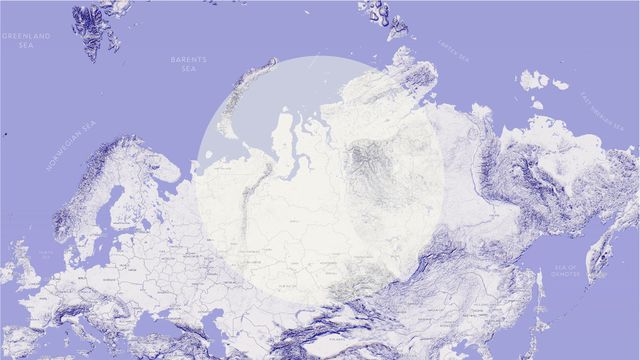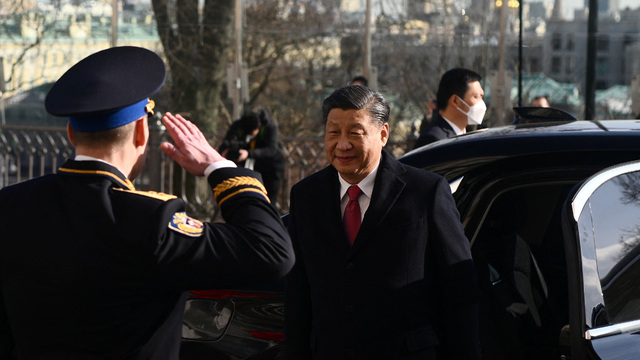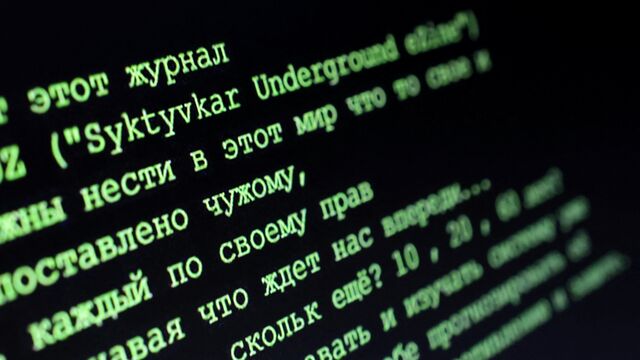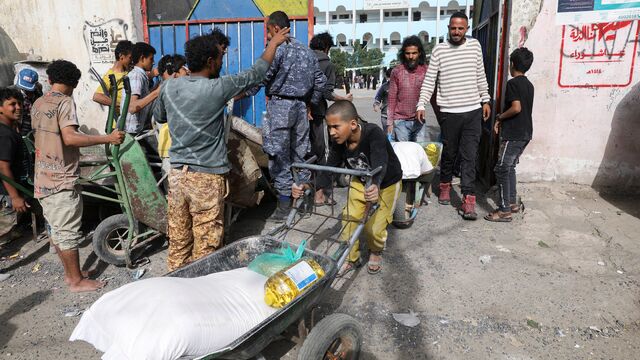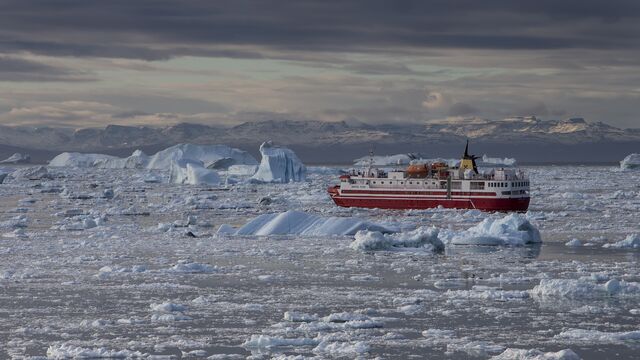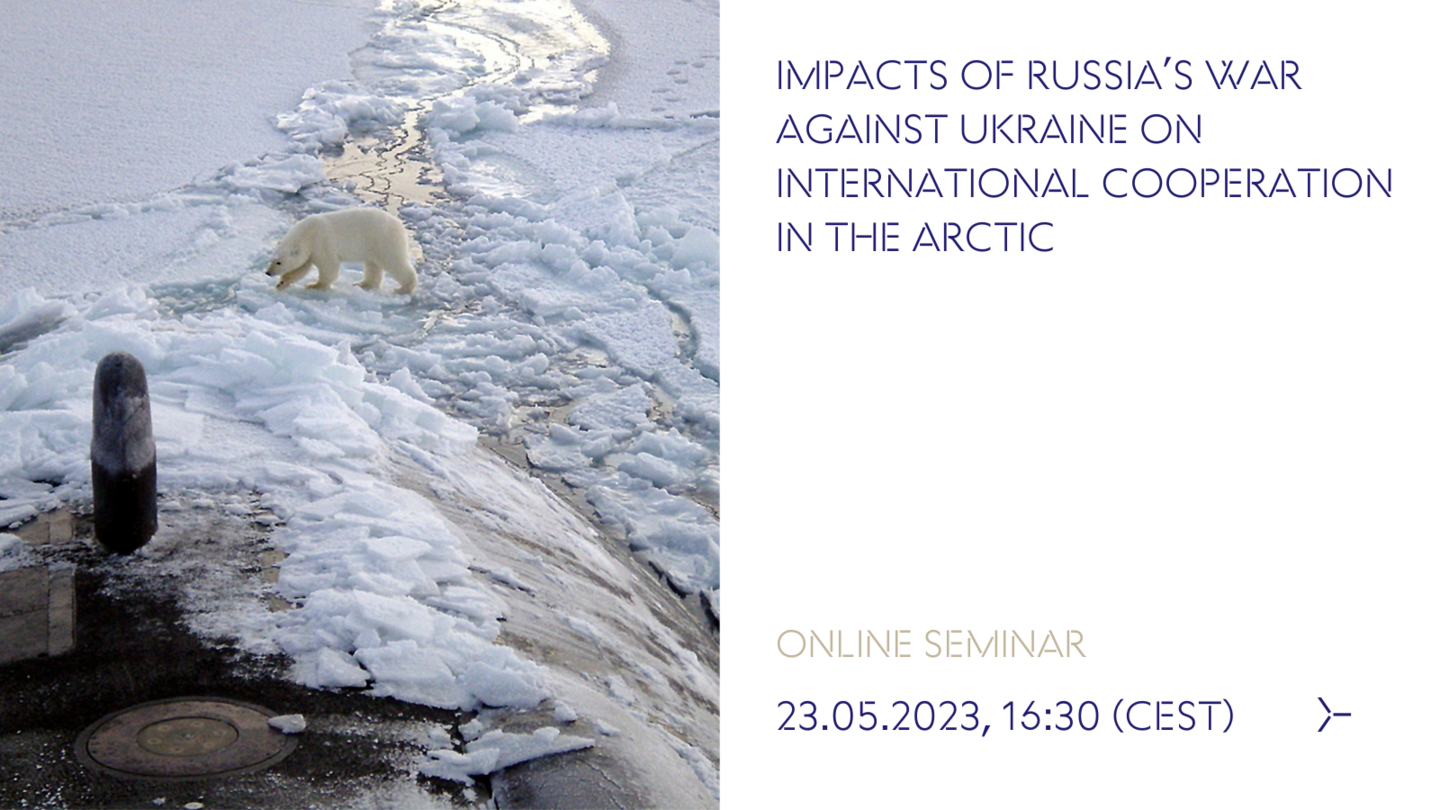
Impacts of Russia’s War against Ukraine on International Cooperation in the Arctic
The Institute of International Relations Prague invites you to an online seminar titled 'Impacts of Russia’s War against Ukraine on International Cooperation in the Arctic' with Prof. Stefan Kirchner.
23. 5. 2023 (16:30)
Language: English ZOOM (link will be sent upon registration)
Arctic governance is characterized by international cooperation. Since the end of the Cold War, Arctic governance has served as a bridge between Russia and the West. This bridge has been burned due to Russia’s ongoing war against Ukraine.
The unjustified attack also impacts the relations between Russia and other Arctic nations, Norway, Sweden, Finland, Iceland, Denmark, Canada, and the United States of America (USA), all of which are members of the European Union (EU) or the North Atlantic Treaty Organization (NATO), or both. With Finland recently joining NATO and Sweden having almost secured membership, the divisions between the Arctic states are clearer than ever before. Since March 2022, the other Arctic states have ended cooperation with Russia in the Arctic Council (AC). As the rotating chair of the AC moves from Russia to Norway in May 2023, there might now be some potential for the seven Western Arctic states (the A7) to utilize the AC for continued cooperation without Russia. Unlike the Council of Europe, which already expelled Russia in March 2022, and similar to the Organization for Security and Co-operation in Europe (OSCE), the AC does not have a legal construction that would allow for the expulsion of a member state. This will make it necessary to reconstruct the international system of Arctic governance without Russia.
In this presentation, impacts of Russia’s war against Ukraine on international cooperation will be presented and it will be shown how the international governance of the Arctic might be conceptualized without Russia. It will be shown that there will still be some role for the Arctic Council (AC), which is currently chaired by Russia, but that the future of international cooperation for governance in the Arctic is likely to be limited to cooperation between the A7.
This new reality will be placed in the context of the ongoing challenges faced by the Arctic region, in particular climate change, and the new security concerns in the circumpolar Arctic.
Prof. Dr. Stefan Kirchner, MJI, RA, is Research Professor of Arctic Law and the head of the Arctic Governance Research Group at the Arctic Centre of the University of Lapland in Rovaniemi, Finland. He is a member of the bar in Germany where he practices international law. He has taught at universities in Germany, Finland, Italy, Lithuania, Greenland and Ukraine. From 2019 until 2021, he was a visiting professor at V. N. Karazin National University in Kharkiv, Ukraine. In the current academic year, he is visiting professor at Vytautas Magnus University in Kaunas, Lithuania.

